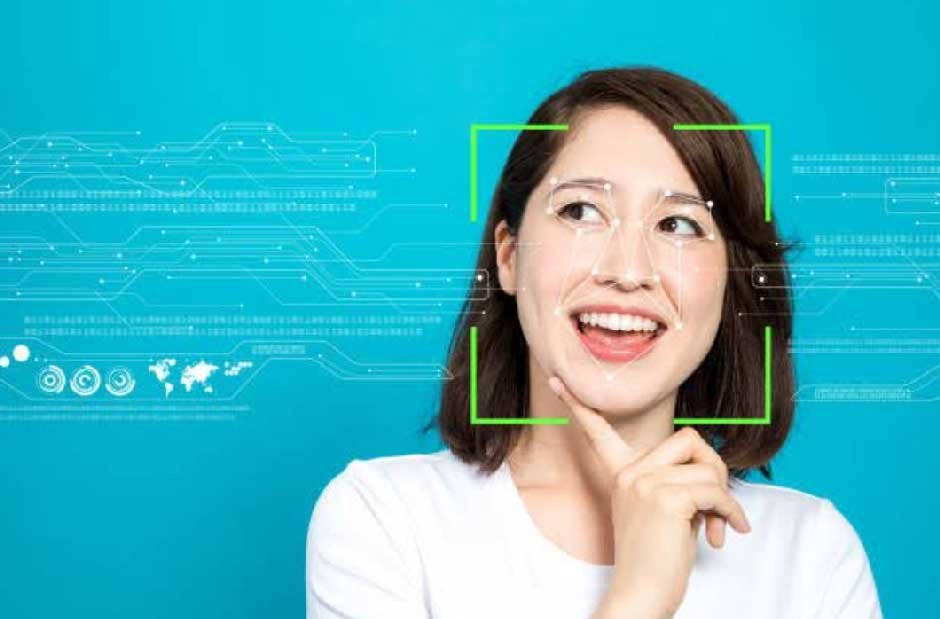Facial biometrics has revolutionized many sectors, and healthcare is not an exception. It’s an innovative technology that assures secure, smooth, and perfect identity verification making it an indispensable tool for medical institutions worldwide. From patient identification to access control, face biometrics in the health sector have brought highly effective and safe solutions. The following is the most significant application of face biometrics.
Accurate Patient Identification and Registration
Biometrics concerning the face in health care is highly used in the identification and registration of patients. In the previous methods, because the ID card or personal documents may get misplaced, lost, stolen, and even forged by introducing another person’s ID card or personal documents, there is a possibility of making wrong records. With biometric facial recognition technology, healthcare service providers can confidently know that every patient has been correctly identified upon registration. Facial biometrics quickly captures and compares the patient’s unique facial features against stored records eliminating fraud or mistaken identity risks. It enhances security while significantly accelerating the speed of the patient intake process, enabling service delivery on a more efficient level.
Enhanced Security for Access Control in Medical Facilities
Health-related facilities require access to sensitive areas like surgery rooms, laboratories, and data centers to be guarded. Regularly using access cards or PINs has been widely misused and forgotten. Face recognition biometrics is an advanced and foolproof method of access control in cases where traditional security measures are misused or forgotten. Utilizing biometric face detection systems in health facilities ensures that only authorized personnel obtain access to restricted areas. Facial biometrics can also be used in multi-factor authentication whereby the primary identification method can be used to gain access to premises; however, a further layer of identification will be sought, especially in an environment that poses much more risk, such as pharmaceutical research labs or intensive care units, where unauthorized entry would have serious implications.
Telemedicine and Remote Healthcare Authentication
One of the most significant challenges in the telemedicine service is patient and medical practitioners’ identity verification from a remote place. Facial recognition biometrics will authenticate the identity of the patients and doctors through secure authentication on telehealth appointments; that means only the right patients and doctors are allowed to attend the virtual consulting room. Additionally, it verifies the prescriptions from remote services, and therefore, it becomes hard for fraudulent prescriptions to be delivered. The advantage of face biometrics is that the provider can easily check the identity of the patient during any telemedicine session, thus providing a higher level of security. This assurance fosters trust in digital health services and, therefore, will lead to wider adoption of telemedicine solutions.
Improving Medical Record Security and Privacy
Since medical records are full of sensitive information, and healthcare organizations head the lists in maintaining the confidential safety of medical records, it is more than what is required in kinds of security measures might be necessary for this critical data, which also includes medical records. This authentication through traditional passwords or an access card is less than what might be required to protect access to medical records. Facial biometrics makes it more secure than anything else to protect access to medical records. Access to the patient’s data can be restricted only to authorized staff through healthcare organizations using biometric facial recognition technology. This is not possible with biometric conception and precludes any breaches or leaking of confidential patient information, which also remains private. In addition, face recognition biometrics smooths login to the records for healthcare providers, and they can access records fast with maximum security measures.
Monitoring and Managing Chronic Patients
With biometric face detection, healthcare providers can monitor chronic patients from a distance. One can monitor systematically, without any visit to the healthcare facility, patients suffering from diseases like diabetes, heart disease, or dementia. It is through video calls using facial biometrics that health professionals can identify certain conditions, expressions, or vital signs of patients. This real-time tracking makes doctors respond speedily in case there is a health emergency. The biometrics of facial recognition can be applied in home-based healthcare devices to help authenticate the patients, thereby making sure that they are working on the right patient and under their care or being monitored.
Reducing Healthcare Fraud
One of the very real issues which threaten the healthcare industry with billions each year is healthcare fraud. These problems include claims perpetrated using fraudulent identity, identity theft, and unverified patient treatments. Such healthcare fraud can go a long way in reducing facial biometrics that ascertain the patients to be who they claim to be. Actually, with biometric face detection, healthcare providers will be capable of authenticating patients’ identities at their time of check-in and registration, claims, and even when treatment is underway, making it much harder for fraudulent claims to occur. Also, with this technology of biometric facial recognition, healthcare institutions will be able to verify the identity of providers during treatments, ascertaining that only licensed professionals are working with the patient.
Conclusion
There is an array of benefits associated with the use of face biometrics in healthcare – ranging from the amelioration of patient security and privacy to increased operational efficiency. Due to its diverse applications, facial biometrics will always prove an integral tool in a modern healthcare system as it is used both for the identification of patients and even for fraud prevention. As the technology develops further, there is a potential for growth in the integration of face biometrics in healthcare and the emergence of even more innovative solutions for the industry. Healthcare providers, therefore, with the embracing of biometric face detection and facial recognition biometrics, can enjoy safer, more efficient, and personal care provided.
